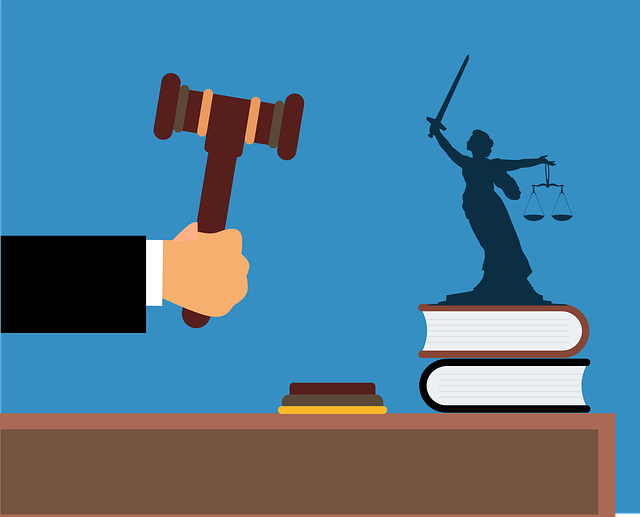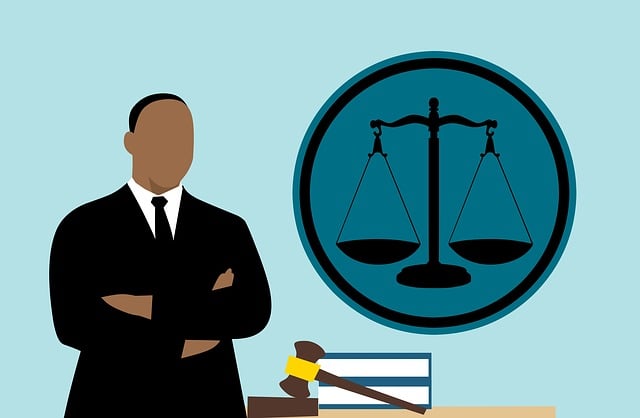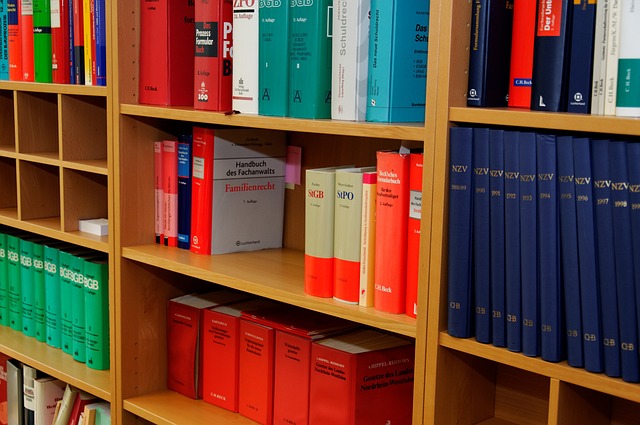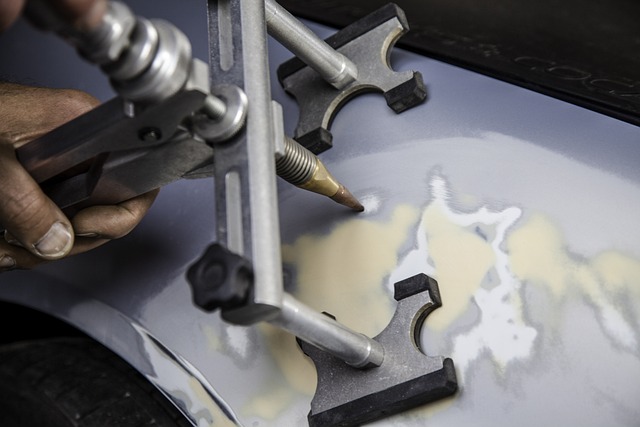Comprehensive documentation is essential for securing favorable outcomes in catastrophic injury settlement cases. This includes detailed records of medical treatments, therapies, long-term care needs, and various evidence types like medical reports, rehabilitation records, psychological assessments, witness statements, and care plan discrepancies. Efficient organization and clear presentation of these documents, structured chronologically or thematically, are crucial for building a compelling case. Engaging a specialized lawyer can provide expert guidance to ensure your documentation effectively supports your claim.
In the pursuit of a just catastrophic injury settlement, thorough documentation is paramount. This article delves into the critical role comprehensive records play in navigating complex legal landscapes. We explore types of evidence that significantly bolster settlement claims, from medical reports and expert opinions to witness statements and photographic proof. Additionally, we offer best practices for collecting and presenting these supporting documents, ensuring their integrity and persuasive power in achieving optimal compensation.
- The Role of Comprehensive Documentation in Catastrophic Injury Cases
- Types of Evidence that Bolster Settlement Claims
- Best Practices for Collecting and Presenting Supporting Documents
The Role of Comprehensive Documentation in Catastrophic Injury Cases

Comprehensive documentation plays a pivotal role in strengthening catastrophic injury settlement cases. In the realm of severe and life-altering injuries, such as those stemming from car accidents or nursing home abuse, the impact extends far beyond immediate physical harm. Documenting the full extent of these injuries is crucial to securing an appropriate settlement. This includes detailed records of medical treatments, therapies, rehabilitation processes, and any long-term care requirements. Each phase of a catastrophic injury victim’s journey should be meticulously captured to demonstrate the severity and ongoing nature of their conditions.
For instance, in a car accident injuries case, documentation might involve medical reports detailing physical examinations, diagnostic imaging, and treatment plans. It could also encompass rehabilitation reports, employer statements regarding lost wages, and even psychological assessments highlighting any trauma-related mental health issues. Similarly, in nursing home abuse cases, detailed records of suspicious injuries, witness statements, and care plan discrepancies can serve as powerful evidence. This extensive documentation not only supports the settlement claim but also ensures that the victim receives fair compensation for their suffering, medical expenses, and future care needs.
Types of Evidence that Bolster Settlement Claims

When pursuing a catastrophic injury settlement, robust documentation is key to building a compelling case. Types of evidence that can bolster settlement claims include medical records detailing the extent and long-term effects of the injuries, along with expert opinions from healthcare professionals. These documents provide concrete evidence of the harm caused, thereby strengthening the argument for compensation.
Additionally, auto accident reports, eyewitness statements, and photographs of the scene or injured party’s conditions before and after the incident can serve as powerful tools. In cases involving medical negligence or elder abuse, specialized reports from industry experts and detailed timelines of events leading up to the injury can significantly enhance the credibility of the claim. These secondary pieces of evidence work in tandem with primary medical documents to present a comprehensive case, increasing the chances of achieving a fair catastrophic injury settlement.
Best Practices for Collecting and Presenting Supporting Documents

When gathering documents for a catastrophic injury settlement case, efficiency and organization are key. Start by systematically documenting all relevant information related to the incident, including medical records, police reports, witness statements, and any other evidence that supports your claim. A well-structured folder or digital system can help in easily accessing and presenting these materials during negotiations or court proceedings.
Presenting the documentation requires clarity and persuasion. Organize documents chronologically or thematically to tell a compelling story. For instance, group medical records by treatment phase or type of injury, making it easier for the judge or jury to follow. Ensure that all documents are properly labeled, authenticated, and explained in detail. Engaging a truck accident lawyer or car accident lawyer who specializes in these cases can provide guidance on best practices, ensuring your documentation effectively supports your catastrophic injury settlement claim.
Comprehensive documentation is paramount in catastrophic injury settlement cases, serving as concrete evidence to substantiate claims. By gathering and presenting various types of supporting documents, such as medical records, expert opinions, and witness statements, legal teams can strengthen their arguments and increase the likelihood of a favorable outcome. Adhering to best practices for document collection ensures that all relevant information is organized, accessible, and effectively presented, ultimately facilitating a smoother process for both plaintiffs and their advocates in pursuit of just compensation.






